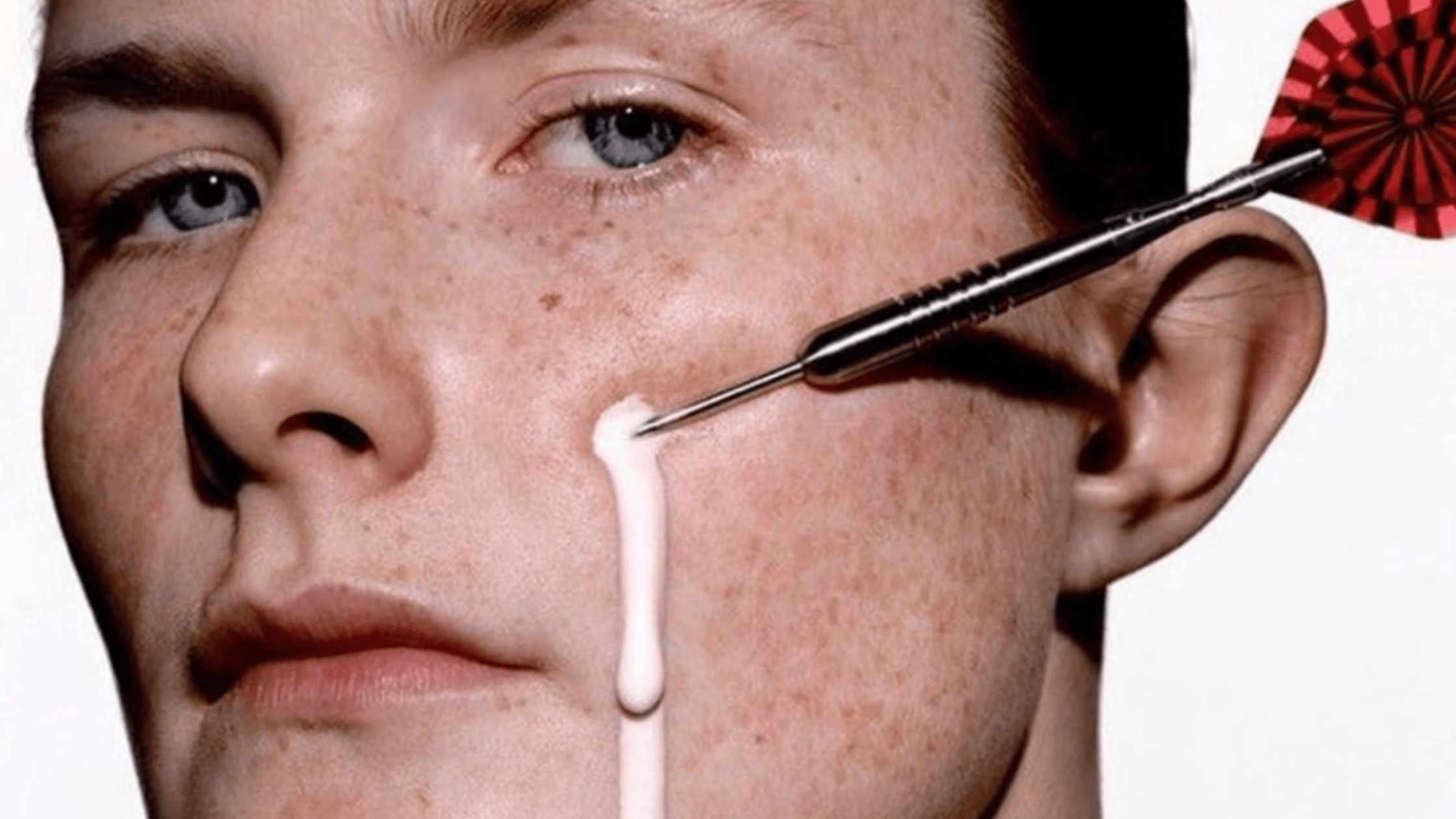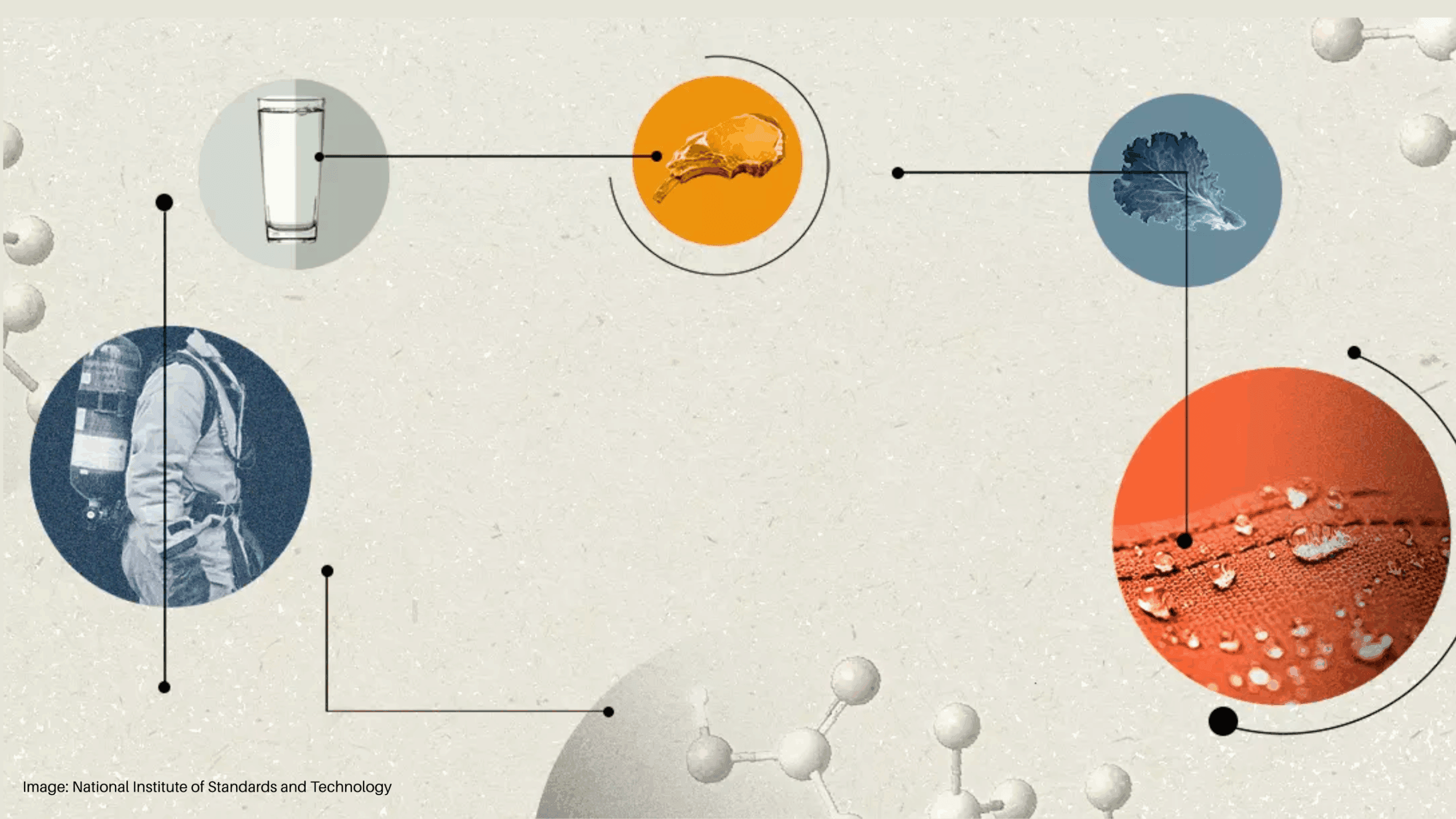Restrictions on permanent make-up could be introduced by the HSE. Could this affect the way you run your business? Here’s how to take part in the public consultation
Interest in semi-permanent make-up, or micro-pigmentation, is at an all-time high. Not only has ‘microblading’ been one of the top searched tweakments this year, but the number of people punching ‘permanent eyeliner near me’ into Google has increased by 1000% over the last 5 years.
Although around 12% of the population of Europe has a tattoo of some form, many people aren’t fully aware of the risks involved. Tattoo inks are complex chemical mixtures containing several ingredients and have diverse health concerns connected to their use. Pigments in tattoo inks are not always produced specifically for tattooing and risk assessments are not carried out that take their injection and permanence under the skin into account.
Concern around the safety of the inks being used for permanent make-up has been increasing in the UK, triggered by a range of restrictions that were introduced by the EU in January this year. In response, the Health and Safety Executive (HSE) – as the agency for UK REACH – launched an inquiry into the hazardous substances in tattoo inks and permanent make-up (PMU) used in the UK.
The government body is proposing to mirror the bans imposed by the EU which are outlined in a 43-point document published in the Official Journal of the European Union. This guidance stopped over 4000 hazardous chemicals from being used in tattoo inks and permanent make up, clear labelling of inks by manufacturers for more controlled use and a time-line for reformulation of current inks.
In this report, The European Commission says: ‘The mixtures are introduced into the human skin, inside the eyeball or into mucous membranes. The colorants mostly remain close to where the mixture is administered, so that the tattoo or permanent make-up will remain visible.
‘However, the soluble ingredients in the mixture are distributed within a matter of hours or days across the entire body. In consequence, the skin and other organs are exposed to the effects of those soluble substances over an extended period.’
Some of the ingredients in tattoo and permanent make-up inks are banned for use in cosmetics in the UK. For example, triclosan is currently used to prevent mixtures from spoiling but has been banned in cosmetics due to being an endocrine disrupter – something that stops the normal function of hormones. This ingredient is commonly found in toothpaste and soap.
Will these possible restrictions on permanent make-up affect you or your customers?
The HSE would like to find out if:
- Has the EU restriction had any impact on you so far – such as the availability of inks, their quality and cost and any other impacts?
- Are there other substances (including other colourants) which cannot be substituted?
- Information about the numbers of PMU applications you carry out each week, numbers of customers and amount of ink that you use each week
- Information about the number of adverse reactions (e.g. allergies) you see and how you manage this.
You can have your say by sharing any feedback you have with us via email. Or, complete the public consultation here.




